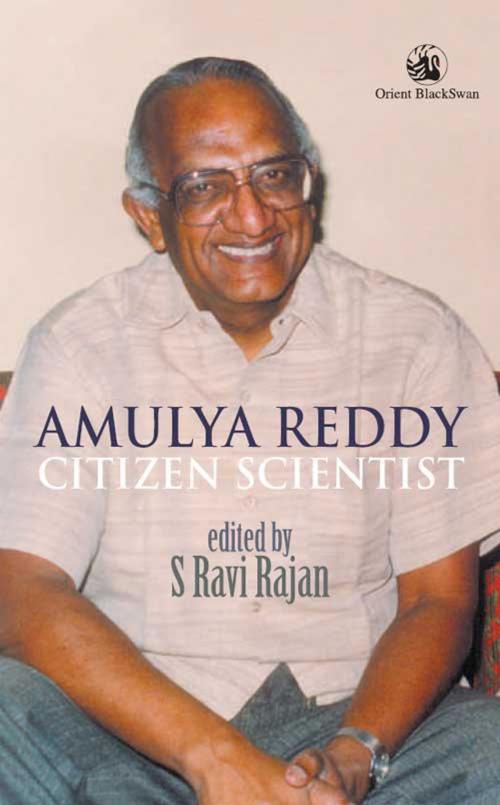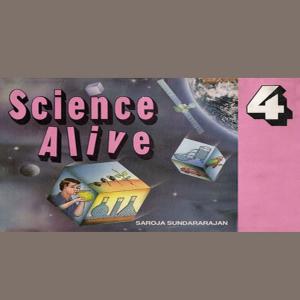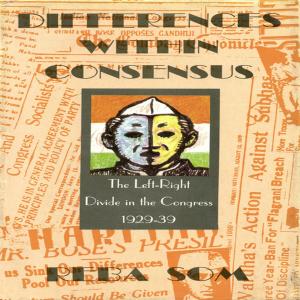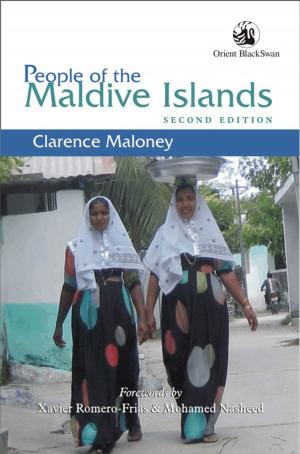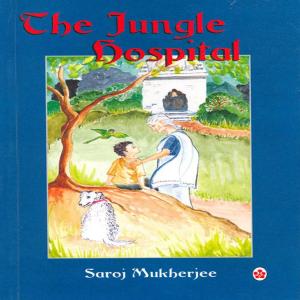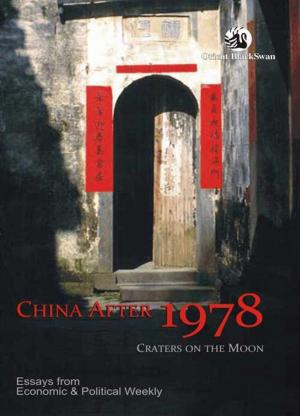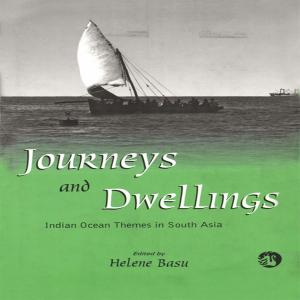| Author: | S. Ravi Rajan | ISBN: | 9788125053385 |
| Publisher: | Orient Blackswan Private Limited | Publication: | December 15, 2009 |
| Imprint: | Language: | English |
| Author: | S. Ravi Rajan |
| ISBN: | 9788125053385 |
| Publisher: | Orient Blackswan Private Limited |
| Publication: | December 15, 2009 |
| Imprint: | |
| Language: | English |
Amulya Reddy is an iconic name in the world of energy policy and development alternatives.His work has inspired several generations of scholars, policy analysts and activists, and continues to remain important and relevant. However, his writings are spread out across a large range of sources: journals, book chapters, newspapers and magazines. This book selects some of his most salient contributions into one easily accessible reader.The first part consists of six papers on technology choice and development alternatives, including three broad conceptual essays on science, technology and development pathways; three papers that provide concrete answers; and an article on the World Bank, critically analysing the policies of one of the leading international financial institutions. The second section addresses Reddys work on energy policy. This section starts out with a broad overview of the energy crisis in India. It is followed by a long essay articulating Reddy's policy making framework, his well known “DEFENDUS” methodology. The next two articles focus on rural contexts, and discuss goals, strategies, and design criteria for energy provision therein. The section ends with two broader papers on the lessons of the California Energy Crisis, and Nuclear Power, respectively. The book is prefaced with an autobiographical essay, and excerpts of an interview he gave to the editor in the summer of 2002.Reddy was a citizen-scientist intent on building scientific and technological traditions that addressed the “needs of the neediest”. His work exemplifies what the noted social scientist, Ashis Nandy, has described as “alternative sciences”. What is especially remarkable is that Reddy managed to be a highly original and productive scientist while defying most of the conventions of how knowledge is produced in institutionalised science in India. Equally remarkable is the manner in which he has consistently integrated morality and social vision with his quest for knowledge making.
Amulya Reddy is an iconic name in the world of energy policy and development alternatives.His work has inspired several generations of scholars, policy analysts and activists, and continues to remain important and relevant. However, his writings are spread out across a large range of sources: journals, book chapters, newspapers and magazines. This book selects some of his most salient contributions into one easily accessible reader.The first part consists of six papers on technology choice and development alternatives, including three broad conceptual essays on science, technology and development pathways; three papers that provide concrete answers; and an article on the World Bank, critically analysing the policies of one of the leading international financial institutions. The second section addresses Reddys work on energy policy. This section starts out with a broad overview of the energy crisis in India. It is followed by a long essay articulating Reddy's policy making framework, his well known “DEFENDUS” methodology. The next two articles focus on rural contexts, and discuss goals, strategies, and design criteria for energy provision therein. The section ends with two broader papers on the lessons of the California Energy Crisis, and Nuclear Power, respectively. The book is prefaced with an autobiographical essay, and excerpts of an interview he gave to the editor in the summer of 2002.Reddy was a citizen-scientist intent on building scientific and technological traditions that addressed the “needs of the neediest”. His work exemplifies what the noted social scientist, Ashis Nandy, has described as “alternative sciences”. What is especially remarkable is that Reddy managed to be a highly original and productive scientist while defying most of the conventions of how knowledge is produced in institutionalised science in India. Equally remarkable is the manner in which he has consistently integrated morality and social vision with his quest for knowledge making.
